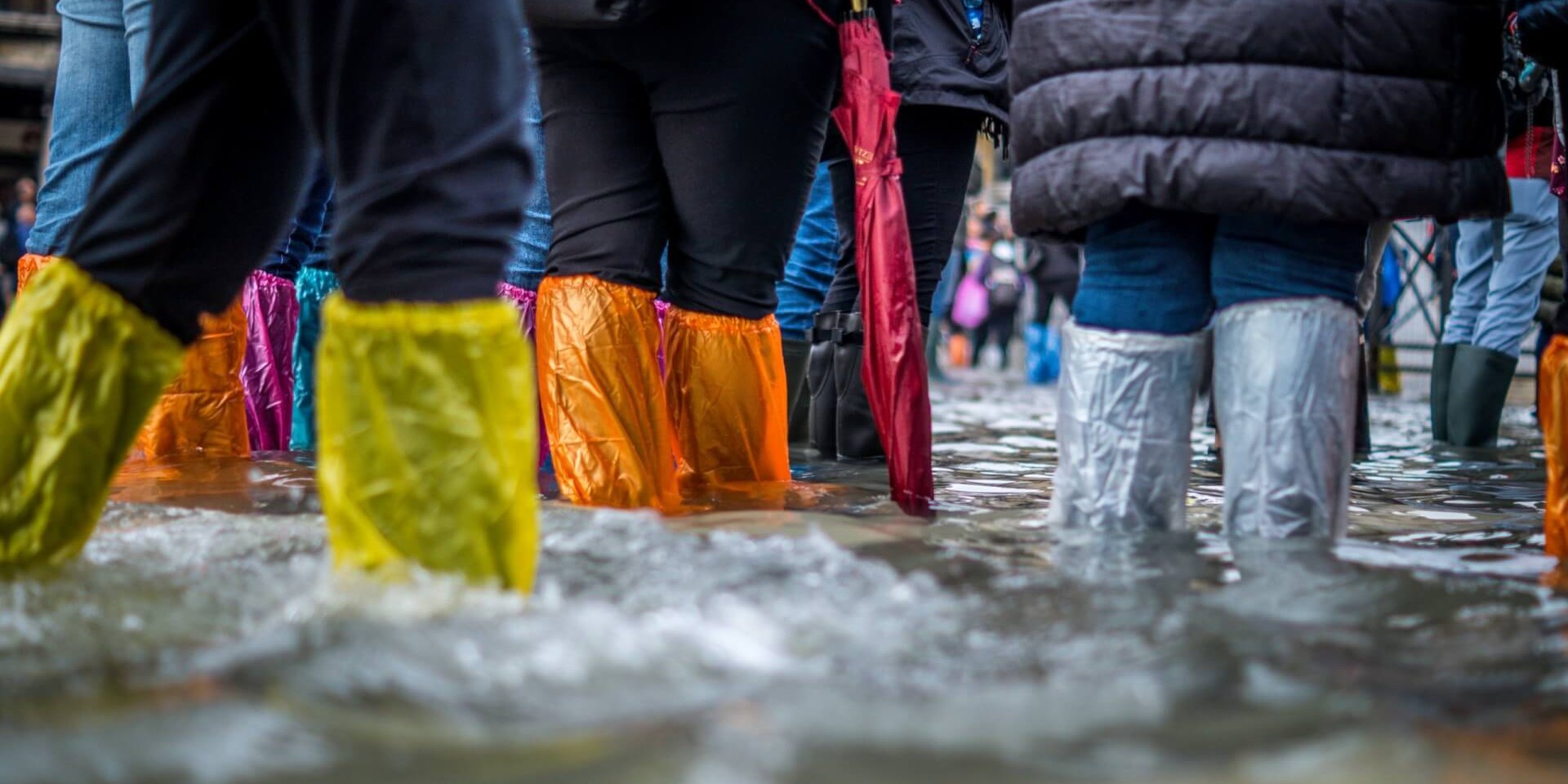
In 2021, we have witnessed tragedies from various disasters; wild-fires, storms, flooding, earthquakes, volcanoes, and COVID-19. The scientific and technological community holds knowledge, pursues research, designs and proposes solutions. However, these capacities are underutilized. Disasters have differentiated impacts depending on the local context, i.e. 50mm/hour rainfall may induce enormous flooding and casualties in one location but no damage in other locations. Knowledge, experiences, and methods suitable for their location should be provided and external experiences and resources should be effectively utilized so that on-site stakeholders can enhance disaster resilience and sustainable development in an inclusive and participatory manner.
The aim of the side-event is to make the case for the urgent need to close the gap between knowledge and action at local levels with the aim to improve disaster risk management and enable local stakeholders and authorities to enhance resilience and achieve sustainable development effectively. It also seeks to bring forward experiences of science application in dealing with disaster risk at local levels and introduce examples of mechanisms allowing to tap into the necessary knowledge for effective and impactful local action.
Guiding questions
The event will be fully in person and will take place at the Bali International Convention Center, Room Medan.
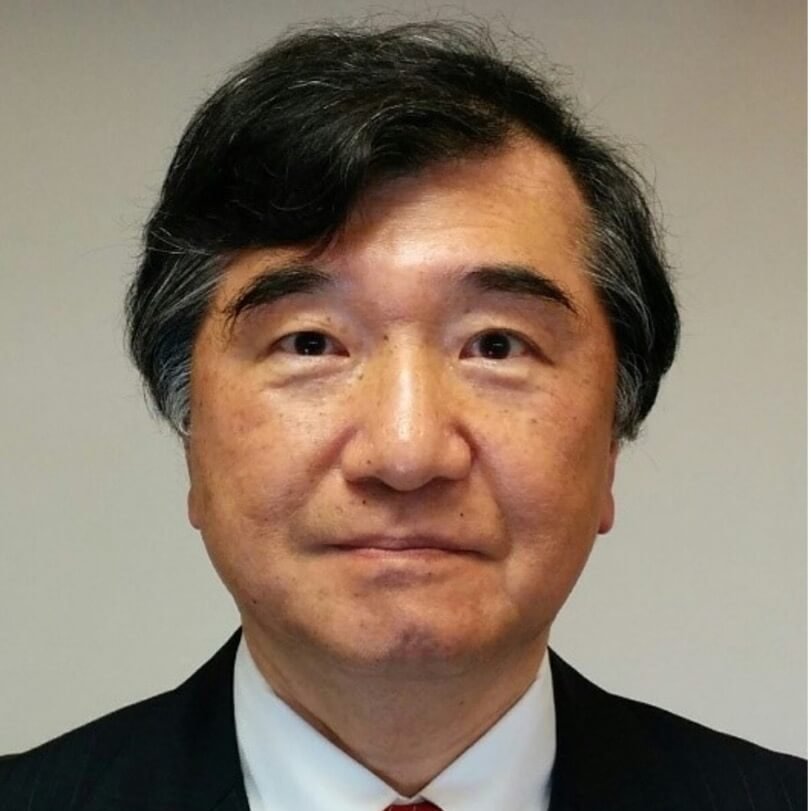
Prof. Satoru Nishikawa, Moderator
Disaster Mitigation Research Center, Nagoya University, Japan
Satoru has a long professional experience in the Japanese Gov’t, United Nations, Tokyo Metropolitan Gov’t, Asian Disaster Reduction Center and others, related to disaster reduction, humanitarian affairs and infrastructure planning. At the wake of the Indian Ocean Tsunami in 2004, he coordinated the Japanese Government technical assistance to the affected countries. He hosted and coordinated the 2005 UN World Conference on Disaster Reduction where HFA was adopted. He proposed the Japanese BCP guideline in 2005. He initiated the long-term regional recovery planning for Tohoku after the Great East Japan Earthquake in 2011. He was a member of the Advisory Group to the UN SRSG for DRR on the Post-2015 Framework for Disaster Risk Reduction and the Global Platform. He was the chair of the WEF Global Agenda Council on Catastrophic Risk. From 2013 to 2015, he served as Vice-president, Japan Water Agency. He holds a master’s degree in regional science and Ph.D. in risk analysis. In 2018 he joined Nagoya University. His current research interest covers institutional development for disaster reduction at local and national level, community-based disaster management & public awareness methodology, business continuity management for reducing economic damage and international cooperation for institutional development of disaster reduction capacities.

Prof. America Bendito Torija, Panelist
Universidad de Los Andes
América Bendito is a civil engineer with MSc and PhD in Structural Engineering. She has played a leading role in various projects mainstreaming Disaster Risk Reduction and Climate Change Adaptation, and has more than 20 years of inter-disciplinary experience as university professor, researcher, advisor, and consultant in Venezuela, Spain, Italy, USA, Kenya, Rwanda, El Salvador, and Fiji. She has identified multi-risk maps co-developed with key stakeholders through a transdisciplinary process, and rooted in updated building codes, as a priority entry point to ground resilience and support sustainable development. She is a member of the Scientific Committee of the Knowledge Action Network on Emergent Risk and Extreme Events (Risk KAN), which is a Future Earth Global Research Network and a joint initiative of the Future Earth, IRDR, WCRP and WWRP programs. Currently working in UNESCO in the Disaster Risk Reduction Unit.
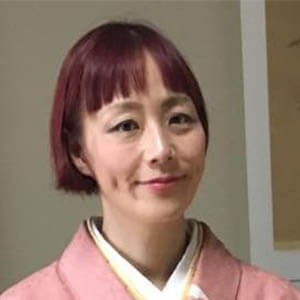
Prof. Sakiko Kanbara, Panelist
Kobe City College of Nursing, Japan
Founder of EpiNurse, which won the Risk Award for the 2017 Global Platform for Disaster Risk Reduction, mandated as a member of the Japan Science Council, Japan Society of Disaster Nursing. She received her BS and MS in Health Science from Kobe University and her Ph.D. from Okayama University. She earned her place as a researcher at the Research Institute of Nursing Care for People and Community, WHO Collaboration Center for Nursing in Disasters and Health Emergency, University of Hyogo. There, she worked as a professor of the Doctoral Degree Course for Disaster Nursing Global Leadership Program at the University of Kochi, developed a new graduate course, and published the textbook “Disaster Nursing, Primary Care and Communication in Uncertainty (Springer 2022)”. Through her innovative work, she and her teams received a Special Innovation Award from the Ash Center for Democratic Governance and Innovation, Harvard Kennedy School, and finalist of Common Ground Challenge by WIRED and more.
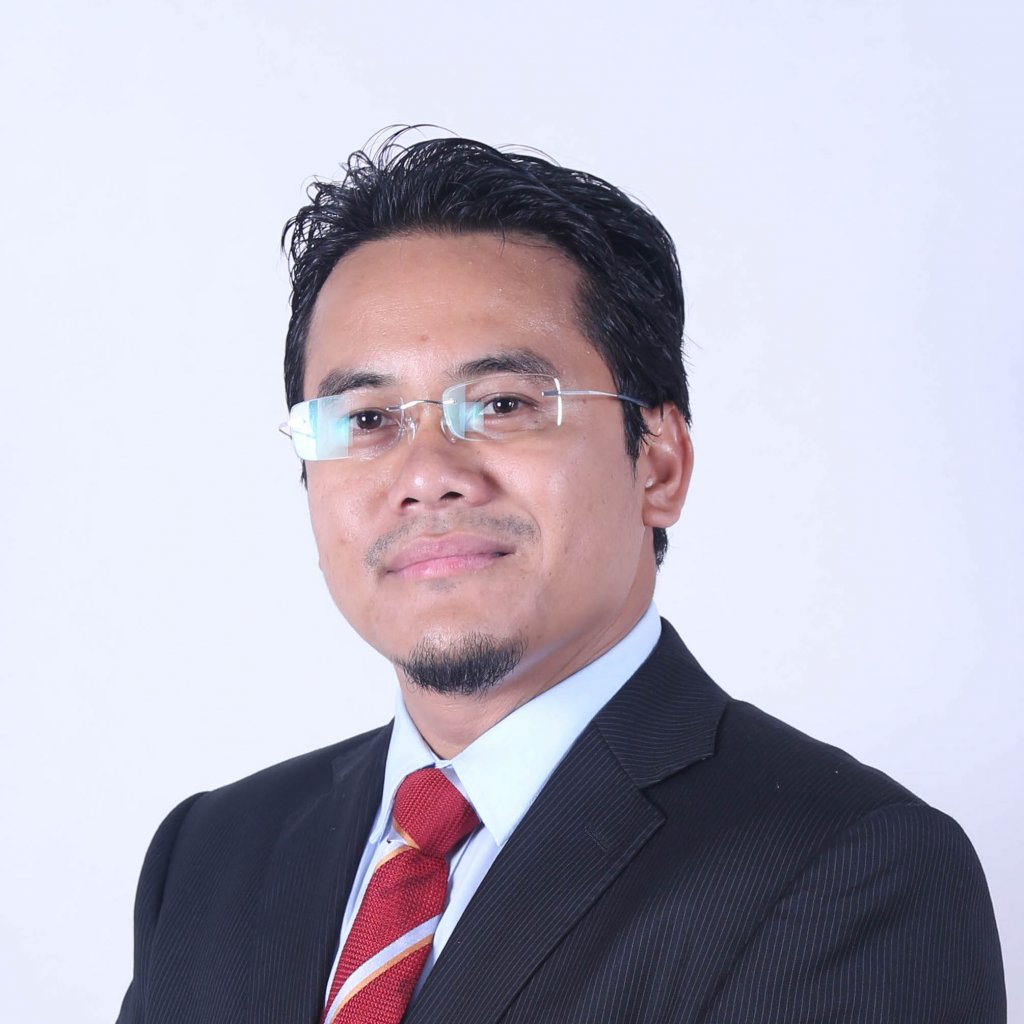
Dr. Khamarrul Azahari bin Razak, Panelist
Universiti Teknologi Malaysia
Dr. Khamarrual Azahari bin Razak is the Director of Disaster Preparedness and Prevention Center (DPPC), Malaysia-Japan International Institute of Technology, (MJIIT) Universiti Teknologi Malaysia (UTM) Kuala Lumpur. He received a PhD from Utrecht University, Faculty of Geosciences, the Netherlands, with cooperation of Faculty of Geoinformation Science and Earth Observation, University of Twente. He was the international visiting researcher of Disaster Prevention Research Institute, Kyoto University, and Asian Disaster Reduction Center, Kobe Japan. He is a member of Climate Change and Disaster Risk Reduction Group, Global Young Academy based in Germany, and also the member of the technical committee (TC) of Asian Civil Engineering Coordinating Council (ACECC) TC21: Transdisciplinary Approach for Building Societal Resilience to Disasters based in Japan.
As one of the DRR’s Science and Technology Expert Panels to National Disaster Management Agency (NADMA), Prime Minister’s Department Malaysia, his current interest is on the multi-hazard risk assessment based on advanced geospatial technology, sediment-induced disaster risk reduction, community-led DRR, disaster informatics, urban resilience, climate change adaptation, and risk-sensitive development planning. He is the Ex-Officio Member of MERCY Malaysia and rejuvenating the idea of Humanitarian Action and Risk-informed Sustainable Development Nexus. He is actively promoting a transdisciplinary approach for building resilient society in a changing environment.
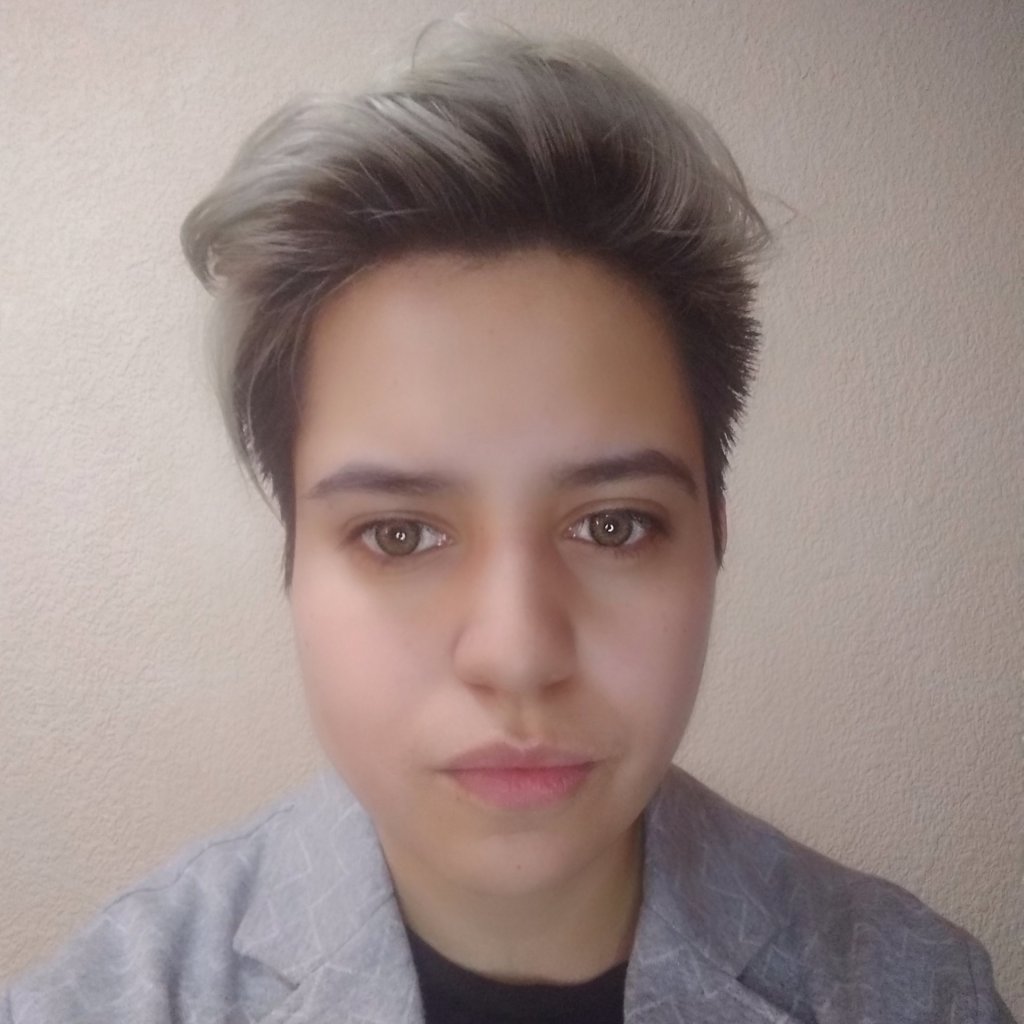
Ms. Alinne Olvera, Panelist
National Autonomous University of Mexico
Ms. Alinne Olvera from Mexico holds a Bachelor degree in Geophysics and Earth Sciences from the National Autonomous University of Mexico; she is also a full-time Master’s student in Territorial Planning and is part of the Mexican School of Professionals in Civil Defense and Disaster Risk Management. In 2020, she was selected as an intern in Yonsei University (South Korea) in the theme of Disaster Risk Reduction. In 2019, she was the representative of Mexico City in the International Youth Development Exchange Program (INDEX – 2019) Disaster Management Course held in Japan; there, she collaborated in the development of several international projects that focused on the exchange of non-estructural measurements for Disaster Risk Management. These projects were shared by ARISE Mx in July of 2021. As for advocacy, she has led international projects within the lines of Game Theory and Set Theory with the Honda Laboratory of the University of Tokyo to evaluate society’s behavior during emergencies and offer science-based methodologies to engage communities in the assessment of damages. She is currently the America’s Focal Point in Young Scientists on DRR and the Children and Youth Constituency for Sustainable Communities, both with the Major Group for Children and Youth. Organizer of the National Mexican Youth Platform on Resilience and Climate Action, and Regional Coordinator for the Global Youth Platform on Resilience and Climate Action.
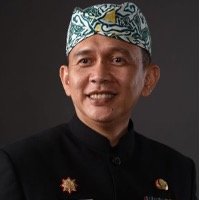
Dr. Dani Ramdan, Panelist
West Java Disaster Mitigation Agency (BPBD)
Image by Jonathan Ford on Unsplash